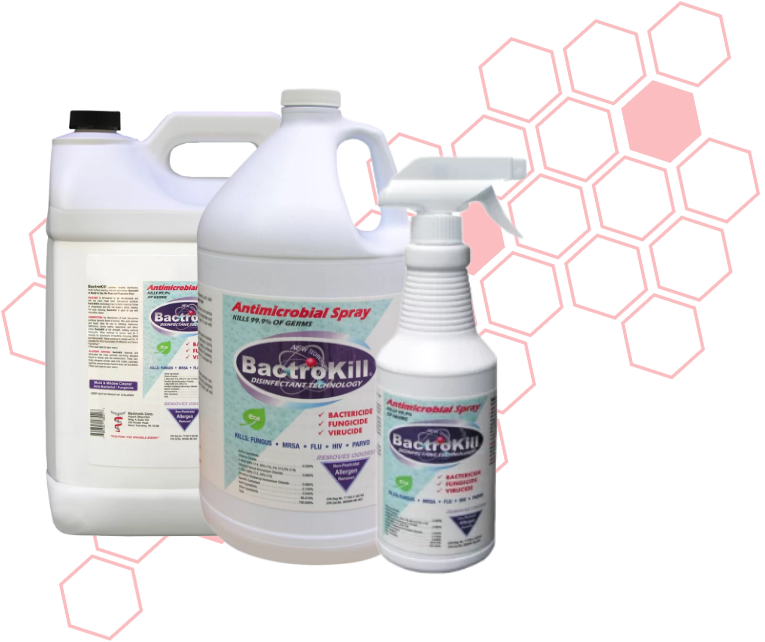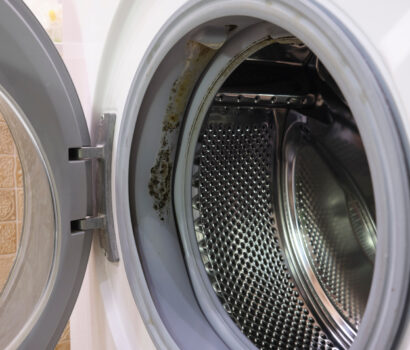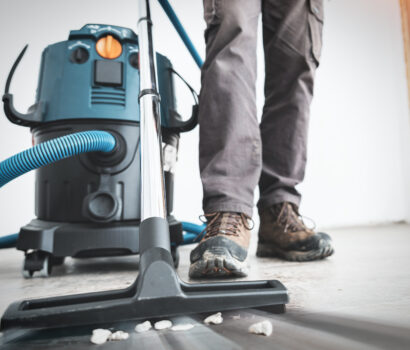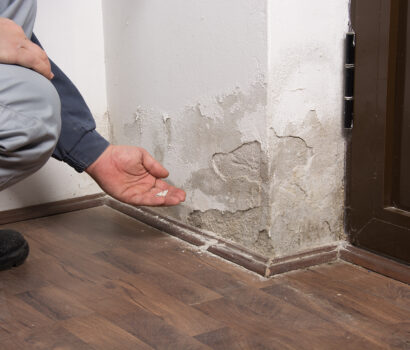Just because you can’t see the wind doesn’t mean it’s not there—and sometimes it does a lot of damage.
The same thing could be said about biofilms. You can’t see these invisible, slimy blankets of germs that can reside in your home or office, but they may be there—and sometimes they do a lot of damage.
A biofilm is a complex architecture of microbial cities that form a matrix of muck—including bacteria, fungi, yeasts, viruses, and algae—which flourish where moisture abounds. They can live and grow in our bodies and environment—and they’re notoriously tenacious and tough to eliminate.
Where Might I Find Biofilms Lurking?
- In people, biofilms can attach to organs and be implicated in a variety of health concerns such as dental plaque and tooth decay, otitis media (middle-ear infection), and urinary tract infections. Their protective barrier can shield them from antibiotics and other treatments that would normally kill them. This allows the pathogenic bacteria to spread and cause more serious damage in the body, including chronic infections.
- Dangerous biofilms often are found in damp and wet areas such as bathrooms, kitchens, air conditioners, refrigerators, water coolers and humidifiers.
- They can thrive especially in showers because of the moist, warm environment.
- They can form inside water pipes, drains, and sewage pipes, leading to clogging and corrosion. In the kitchen, raw meat juices, vegetable waste and fats are deposited down the sink and germs can settle there. Water that splashes out of the sink can then contaminate appliances and countertops. In the bathroom, hair and body oil can clog the drain, serving as a magnet for grime and debris. The risk is especially great when a plumbing problem causes old water from drains to back up into sinks or tubs.
- They also can live on surfaces that are frequently touched from everyday activities or on objects such as toys that have been left outside in moist conditions, along with swimming pools and hot tubs.
Don’t Tackle Biofilms On Your Own
If you did a search online to figure out how to remove biofilms, you might be surprised at some of the suggestions. First, you’ll discover that a little soap and water—and even your favorite bleach or anti-bacterial spray—won’t do the trick. That’s because biofilms are often highly resistant to conventional cleaning and sanitizing agents. Second, you might be asked to become a chemist, mixing various potions together to create a magical formula that will wash the biofilm away. But who has time for that?
Here’s the best and easiest solution: The Bactronizing™ Process uses the premium innovation BactroKill that weakens and ruptures dangerous biofilm, allowing the product’s patent agent to infiltrate the cell environment and destroy the organism. Yes, it’s as simple as that.
Not only is your place cleaner than ever, but the product also is safer than ever. BactroKill is hospital grade and has the full approval of the EPA. Moreover, it uses a special nanotechnology that is stabilized in water, which is just a technical way of saying that it is safe for our water systems and environment.
Don’t let these dirty rascals gang up on you. With Bactronix, you win the battle every time–and just think: You didn’t even have to fight the war!





